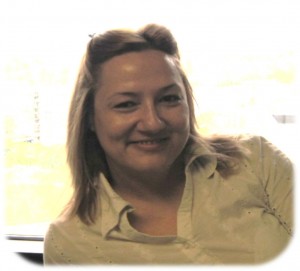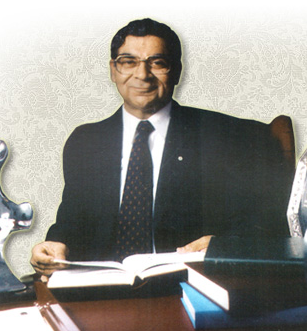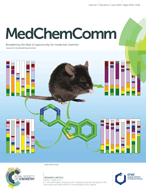Are some cases of research fraud fixable with a correction notice?
A chemistry journal thought so in 2014, when it issued a correction notice for a 2012 paper after the first author admitted to manipulating an image. After an investigation, the publisher agreed the manipulation was a “clear breach” of its ethical guidelines, but decided not to retract the paper since the overall conclusions remain valid.
The last author told us the first author had to repeat the experiments under supervision, and received a “serious warning.”
It’s an older notice, but one we thought interesting enough to cover now. Once you’ve read through the journal’s reasoning, tell us if you agree with the decision to correct (rather than retract) the paper in a poll at the bottom of this post.
Here’s the correction for “A novel route for preparing highly proton conductive membrane materials with metal-organic frameworks,” issued by Chemical Communications:
Continue reading Why did a chemistry journal fix fraud with a correction instead of a retraction?

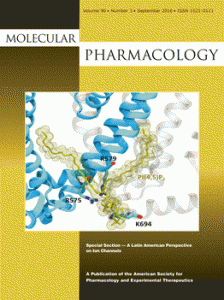
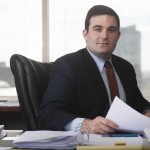

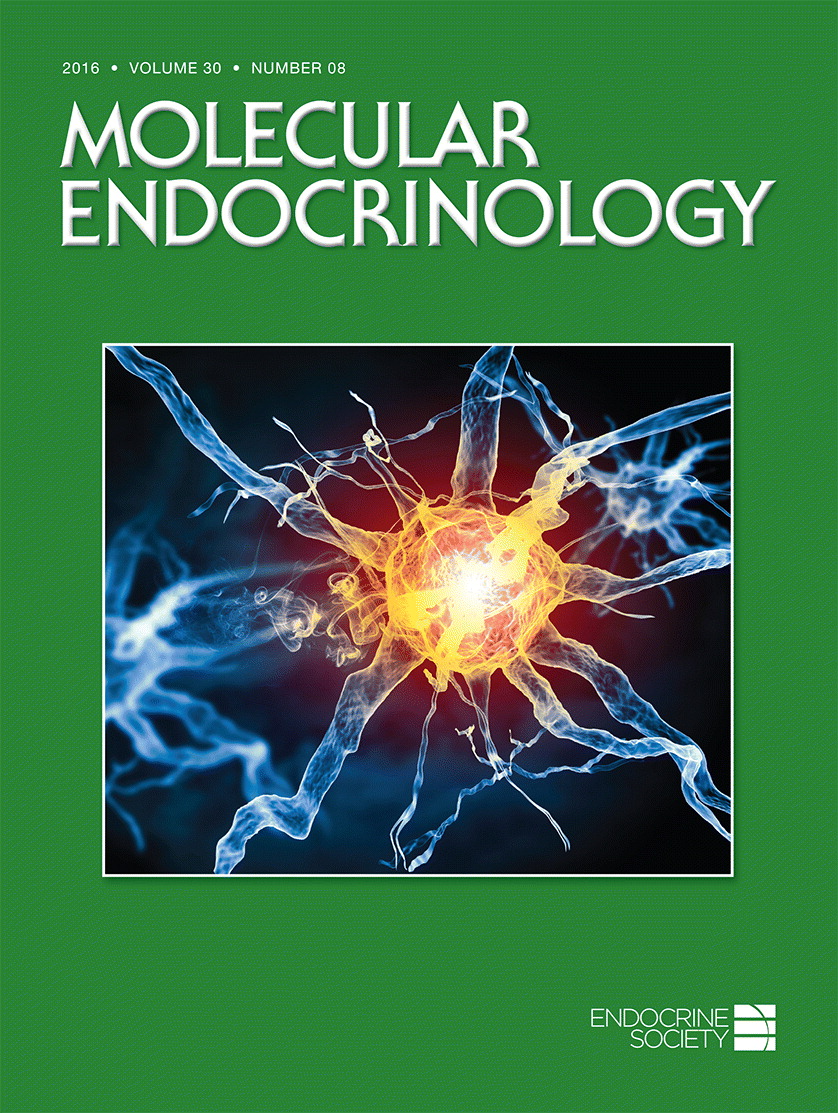 A research fellow at Harvard Medical School
A research fellow at Harvard Medical School 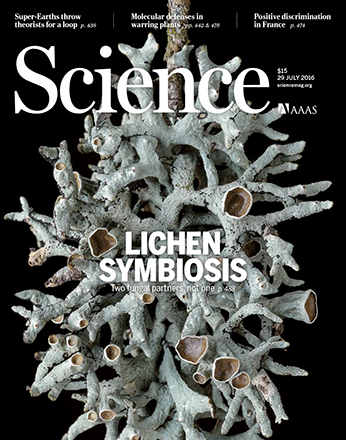 Science is considering adding an expression of concern (EOC) to a June paper that
Science is considering adding an expression of concern (EOC) to a June paper that 
